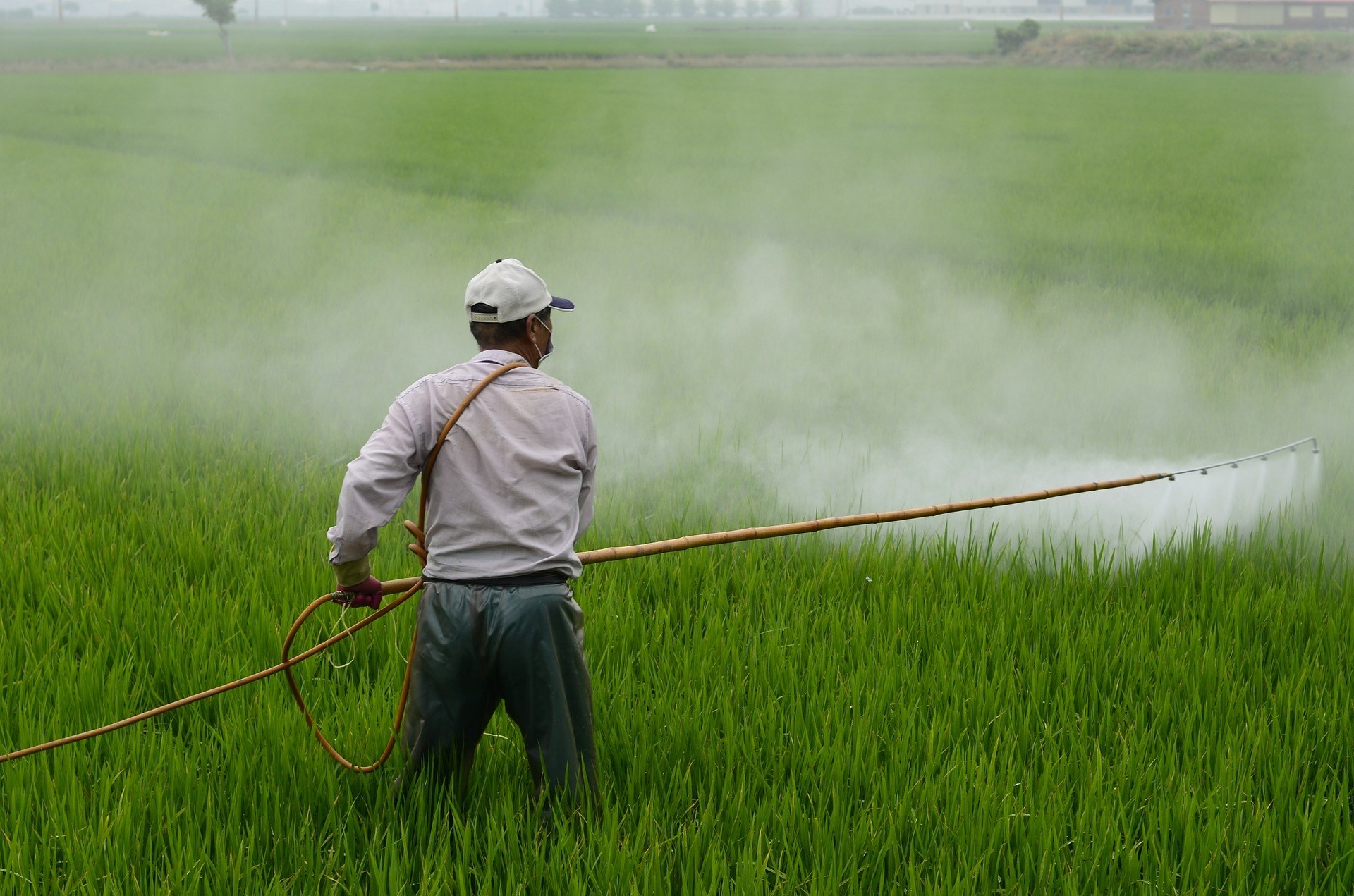Glyphosate

Glyphosate is a pesticide that is used in agriculture, horticulture and in some non-cultivated areas to control plants. Regardless of the fact that our health is under threat, the human exposure to this pesticide is increasing as the Environmental Sciences Europe study in 2016 presents. It leaves incremental residues in the air, water and soil with probable adverse effects on environment and ecosystem too.
Glyphosate was classified in 2015 as a “probable human carcinogen” based on increased prevalence of rare liver and kidney tumors in chronic animal feeding studies by the International Agency for Research on Cancer. Recently, the Office of Environmental Health Hazard Assessment (OEHHA) has determined that glyphosate (CAS No. 1071-83-6) cause cancer.
Researchers now link the glyphosate to cancer, autism, organ damage, Alzheimer’s disease, infertility and autoimmune diseases below:
- Rheumatoid arthritis (RA)
- Ankylosing spondylitis (AS)
- Lupus
- Thyroid diseases (Graves’ disease, Hashimoto’s thyroiditis)
- Multiple sclerosis (MS)
- Inflammatory bowel disease (IBD, which includes Crohn’s disease and ulcerative colitis)
- Celiac disease, and
- Asthma
We can build a healthy future by refusing to incorporate the chemical products like glyphosate into our farming system and supporting sustainable organic farming practices.